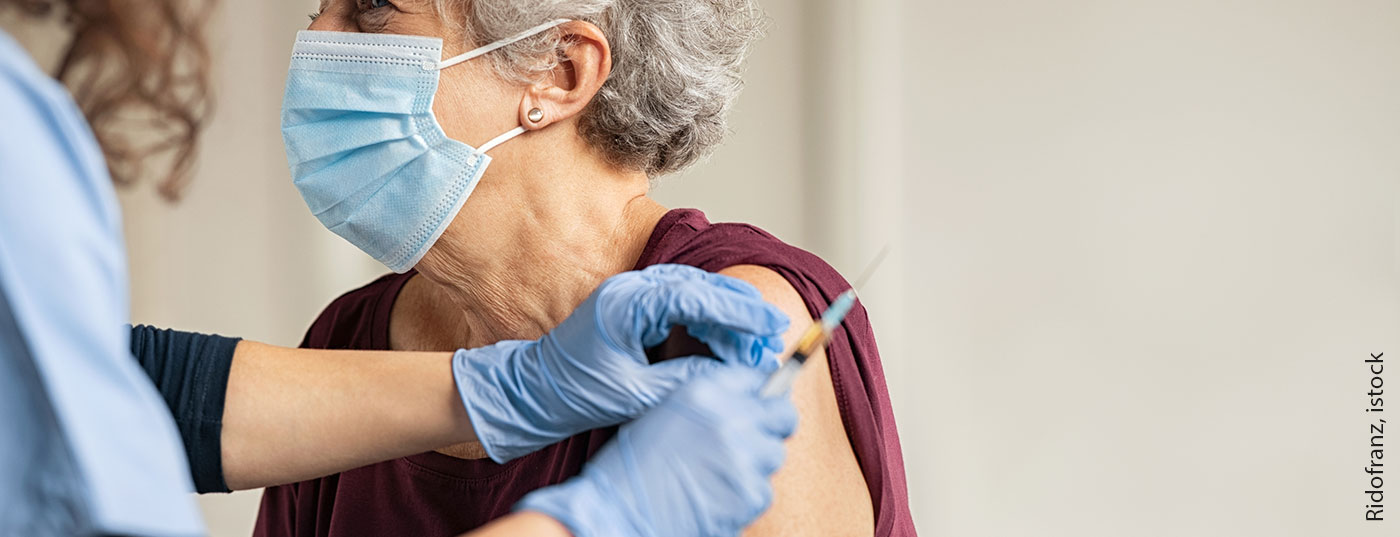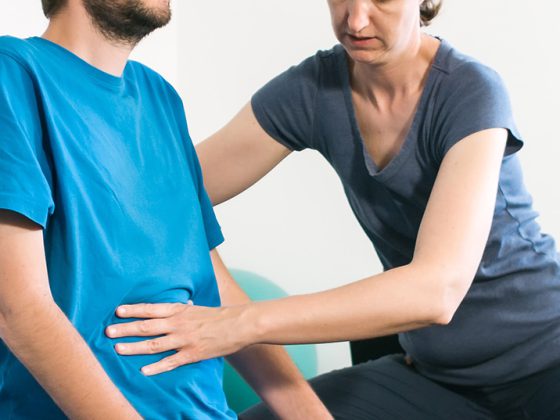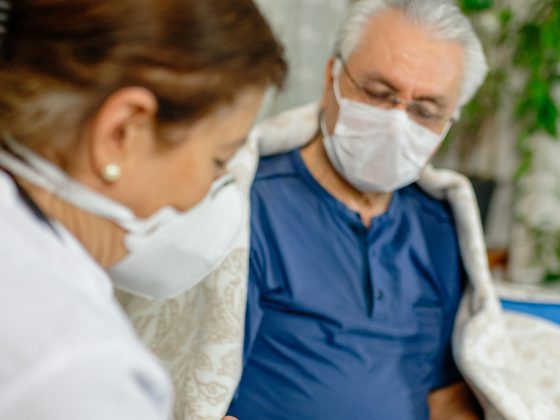Although the results of the clinical trials of the first two vaccines approved by Swissmedic are promising, we are still a long way from corona-free normality. The official vaccination start date was January 4, 2021. The debate about which target groups should be vaccinated first is in full swing.
Never before has a vaccine against a pandemic infectious disease been developed in such a short time as in the case of COVID-19. Whereas it used to take 15 to 20 years for a vaccine to be approved for the market, this has now been achieved within a year. Several dozen vaccine projects have been launched since SARS-CoV-2 began. Switzerland has contractually secured the following vaccine doses, subject to approval of the vaccines by Swissmedic [1]: Pfizer/BioNTech (BNT162): 3 million vaccine doses, Moderna (mRNA-1273): 7.5 million vaccine doses, AstraZeneca (ChAdOx1 nCoV-19): 5.3 million vaccine doses. Vaccine manufacturers deliver these spread over several months. Switzerland continues to hold discussions with vaccine manufacturers with the aim of procuring as many different types of vaccine as possible, thereby increasing the chance of being able to guarantee the most optimally effective vaccine for different target groups. All of the vaccines are carefully tested by Swissmedic. Swissmedic uses “rolling authorisation” as an instrument for accelerating the review process in the pandemic situation. Data from vaccine manufacturers are submitted on an ongoing basis and are immediately reviewed by Swissmedic. However, there is no compromise on safety – the test criteria remain unchanged.
|
Vaccination recommendation of the federal government Although there is no mandatory vaccination in Switzerland, the federal government recommends vaccination for the following reasons: SARS-CoV-2 is very contagious and even though the majority of COVID-19 cases have a mild course, people with corresponding risk factors in particular can become severely ill. Every sixth hospitalized person is treated in the intensive care unit, and every hundredth person dies from the coronavirus. The risk of corona-related hospitalization increases by 10-20% after age 65 due to age. After the age of 70, the mortality risk is increased by 3-14%. In order to contain the consequences of the pandemic as a whole, the people who are particularly at risk must be protected first and foremost. Along with behavioral and hygienic rules, vaccination is the most effective means to date of reducing the number of severe courses of the disease and deaths in Switzerland. Covid-19 vaccination could thus prevent overloading of the healthcare system in Switzerland. It is not yet known whether the vaccination also protects against transmission of the coronavirus to other people, which is why even those who have been vaccinated should continue to observe the most important hygiene and behavioral rules. according to [1] |
Doctors have a key role
The implementation of vaccinations is the responsibility of the cantons. To reach, educate, and recommend COVID-19 vaccination to individuals with chronic diseases at highest risk, treating physicians take an important role [1]. The federal vaccination strategy states that in the first few weeks after the start of vaccination, people over 75 years of age and those with chronic diseases at highest risk will have top priority (Box). COVID-19 vaccination can be done not only in doctors’ offices and hospitals, but also in specific vaccination centers or vaccination pharmacies; up-to-date information is provided by the cantonal authorities. The vaccination is free of charge for the population. The federal government, the cantons and the health insurance fund cover the costs. Vaccination is not a substitute for the rules of hygiene and behavior, but a supplement to them. Combined use should optimize containment of the coronavirus pandemic, allowing a return to normalcy at some point. In Switzerland, questions about COVID-19 vaccination can also be directed to the national federal telephone hotline.
How mRNA vaccines protect against the coronavirus
The first vaccine against COVID-19 to be licensed in Switzerland in December 2020 is the mRNA vaccine “Comirnaty” (BNT162) from Pfizer/BioNTech. Clinical trials in approximately 43,000 subjects showed that the vaccine reduced the risk of contracting coronavirus by 95% in vaccinated individuals [1]. This means that there were 95% fewer cases of COVID-19 in the vaccinated group [2]. The principle of mRNA vaccines is that after vaccination, a gene of the (RNA) virus inserted into the vaccine reads the virus’s own mRNA information, followed by the formation of spike protein, against which antibodies are formed in the immune system, thus establishing immune system protection. In the case of BNT162, the viral gene is a spike protein gene encased in lipid particles. Once the protein is produced in the body, the immune system recognizes it as foreign to the body and thus produces antibodies against the virus. The immune response prepares the body to fight the virus. This is a novel technology, but one that has been researched for more than 10 years (overview 1), and on which Moderna’s mRNA-1273 vaccine (mRNA-1273) is also based, which has been licensed as a second vaccine in the EU since January 6 and in Switzerland since January 12 2021 [3]. In contrast, AstraZeneca’s AZD1222 vaccine, which is licensed in the United Kingdom, is a vector-based vaccine (“adenovirus”). This replicates parts of the SARS-CoV-2 virus envelope on a non-hazardous virus, preparing the immune system to defend against the coronavirus.
Literature:
- FOPH: COVID-19 Vaccination, https://bag-coronavirus.ch
- RWI Essen, “Vaccine is ’90 percent effective,'” 12/02/2020, www.rwi-essen.de/unstatistik/109
- DAZ-online: EU Commission gives green light for Moderna vaccine, Jan. 06, 2021, www.deutsche-apotheker-zeitung.de
- Swissmedic: Factsheet: Covid-19 vaccines: history of vaccine development. Thus, mRNA vaccines protect against corona virus. December 2020, www.swissmedic.ch
HAUSARZT PRAXIS 2021; 16(1): 32-33 (published 1/27-21, ahead of print).












